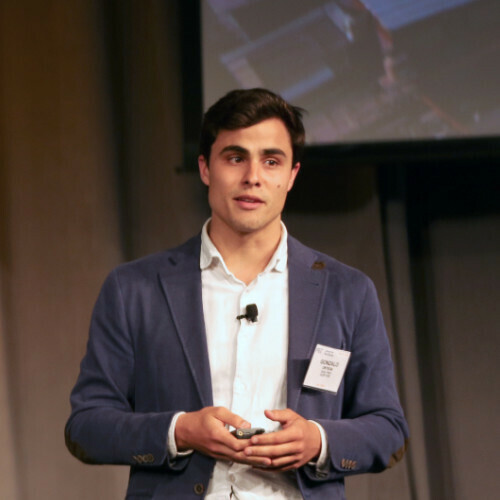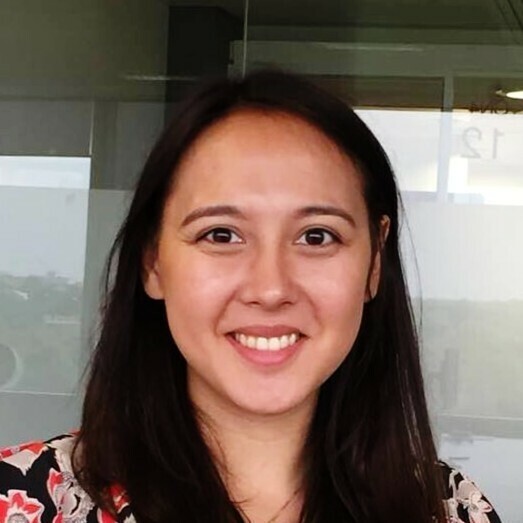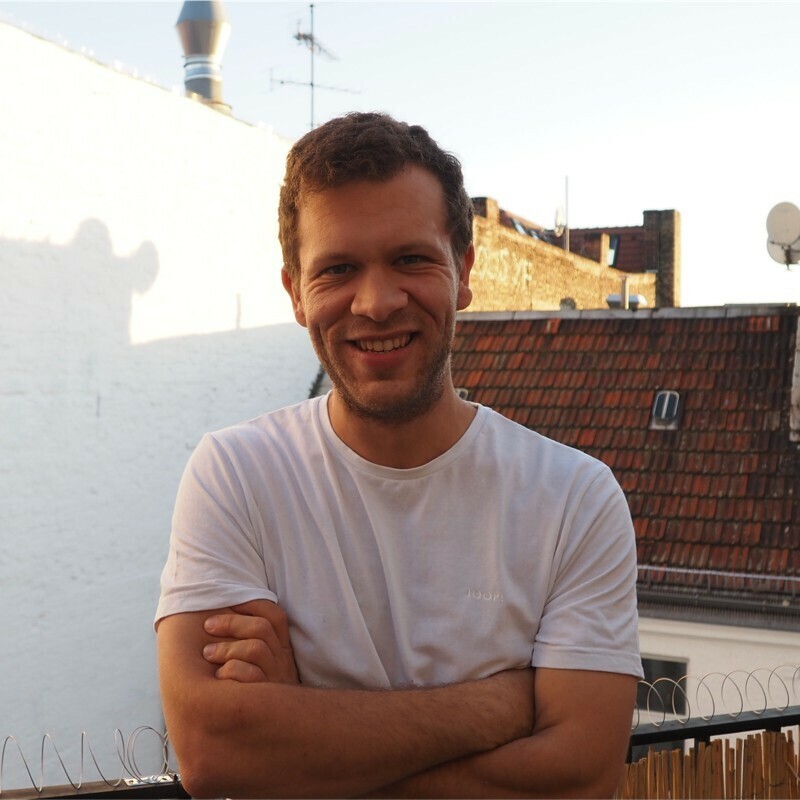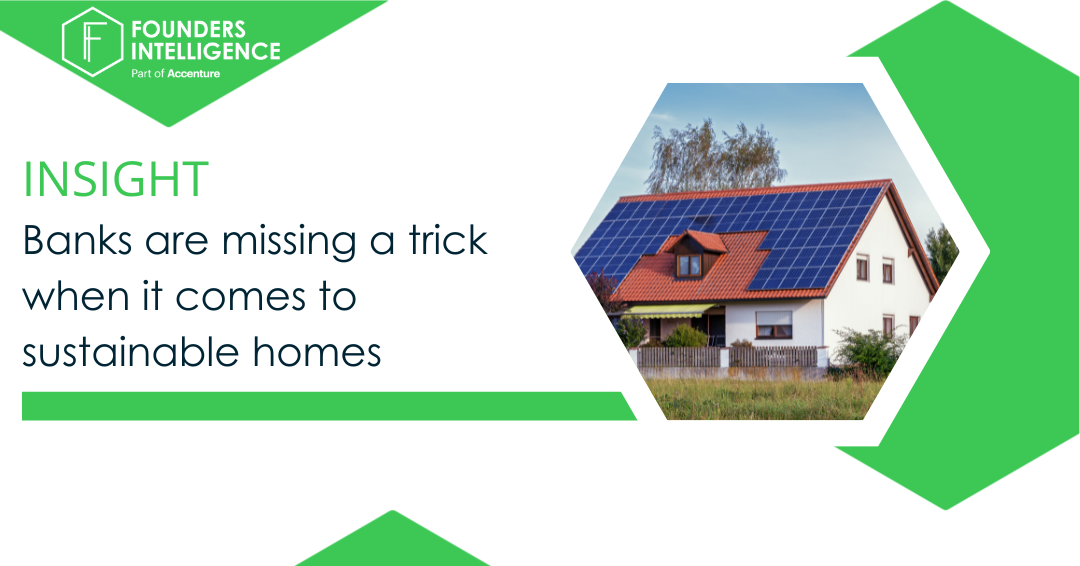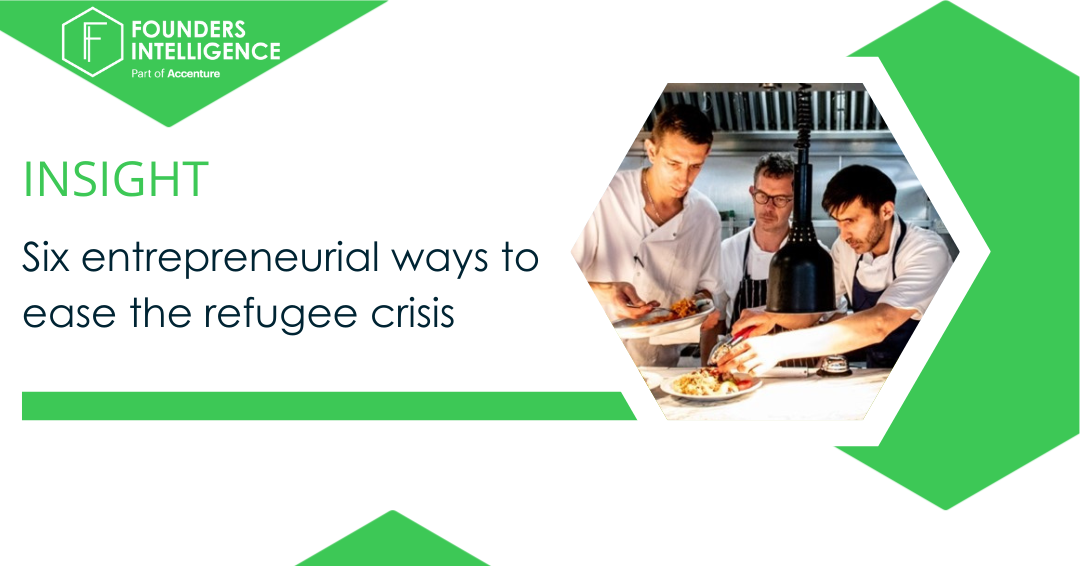Empowering migrants through online communities
Migrants face a huge number of obstacles when it comes to building social connections in a new country. But these are critically important for both their mental health and their ability to lead fulfilling lives.
As the UN’s International Organization for Migration has highlighted,
the pandemic has made the situation even harder for many, increasing the sense of isolation migrants feel. However, it has also stimulated the growth of digital migrant communities that wrap a virtual arm around newcomers to a country.
Here we take a closer look at the important work they’re doing in a shifting landscape, and shine a light on three great examples of their positive impact.
Traditional communities are changing
Historically, physical, close-knit communities and enclaves, such as various Chinatowns around the world, would be the first port of call for a migrant looking for others with a shared cultural heritage.
But in many places these physical communities have disappeared for a number of reasons, such as migrants now arriving individually as students or workers rather than as a group. Equally, more migrants are settling in new destinations that do not have a community in place.
That’s why they are moving online and taking advantage of accessible and engaging social platforms. These online communities are becoming deeply embedded in migrants’ lives, covering multiple needs, from providing financial advice to ensuring social and emotional wellbeing.
The value of digital communities
There are a number of ways in which online communities offer practical and emotional support to migrants.
Knowledge exchange
Finding work can be difficult for migrants, but online communities can provide a readymade network of contacts. By leveraging digital platforms to post structured information in the form of videos, guides or posts, host online events and connect with others, communities can share knowledge and experiences and build personal and professional networks.
This is particularly useful for skilled migrants and students who need to navigate complex application processes, visa requirements and bureaucracy such as proving work or study accreditations.
Increasingly, online groups are providing this crucial service. For example, Khalil founded the Facebook group Life and Study in Germany, which currently has 130.000 members, to provide the Arabic-speaking community in Germany with information and support throughout the immigration process, particularly for students. Khalil left Kurdish Syria in 2009 for Germany to study Medicine and founded the community in 2010 to help people equally aiming to study there.
The group has seen large growth with the aggravating conflict and increased refugee numbers since 2014. As such, it has expanded into supporting asylum seekers and covering other aspects of day-to-day life in Germany. The community members support each other with the integration into the German civil society by encouraging active participation in their local communities or language courses.
Khalil himself has been an honorary member of the Migration Advisory Board of the City of Mannheim since the end of 2019. Moreover, they engage with people beyond the core community by hosting activities against anti-semitism, racism and anti-islam.
Supporting educational development
Beyond serving as platforms for the exchange of information, these communities have evolved to offer structured educational programmes, created by themselves or partners. These help members develop the skills they need to integrate and thrive in their new surroundings, from language courses to financial management.
Ghanaian Maame Dentaa Amoo founded African Mums in Deutschland, winner of the Smart Hero Award 2021, after finding herself disconnected from the support network she had in a previous migrating experience in London. The aim of the community is to connect black women in Germany and empower and progress their lives to achieve their socio-economic goals. Together with a group of volunteers, beyond providing daily information they have set up tailored German Lessons via FB Messenger allowing working women to flexibly learn remotely and Translation Services through WhatsApp.
She has also forged partnerships with higher educational institutions to offer scholarships to members to fund their development. These high-level partnerships are unlocking otherwise unattainable opportunities for members, while validating their professional worth.
Migrants often feel undervalued in host societies because their qualifications are not recognised and they are forced to downgrade their jobs. Life and Study in Germany supports members struggling with this process by, for example, using networks back home to recover paperwork lost during a rushed departure.
Providing inspiring role models
The hurdles migrants face can often feel insurmountable. Online communities show what is possible by promoting success stories from within the community. When people see that others have overcome similar challenges to those they are up against, it gives them the resilience to keep going.
Building local social lives
Communities are a place where migrants can make local friends and find common ground, which in turn aids integration. It’s the reason Sorin Radu founded the Zurich Community group. Although the city is rated as having a high quality of life and nearly one in three residents is foreign, he found it difficult to integrate with locals, navigate processes such as finding a home and make the most of the city.
In the Zurich Community group with its
multiple focus subgroups around housing, work, leisure, sports, his team as well as expat peers facilitate the integration of newcomers into Zurich’s local German speaking community. They want to bridge challenges (“how-to”) of people who moved to Zurich through the “know-how” of the local community.
For example, the community offers free German classes, networking events, sport activities, and they publish ZuriStories, where they present stories of people that relocated to Zurich, stories of business owners or other useful information. In the end, both locals and newcomers benefit from breaking barriers and collaborating.
An emotional support network
Even if someone settles into their new surroundings, finds work, a home and friends, the emotional impact of migration can’t be underestimated. Leaving families behind alongside the effects of racism, abuse and exploitation in their host societies, can leave migrants feeling helpless and isolated.
Online communities are setting up systems to support their members through these emotionally challenging times. African Mums has established volunteer committees to run phone helplines for victims of domestic violence, sexual abuse and child exploitation. They also offer human rights advice and support with immigration issues, careers and education.
In addition, the community provides direct emotional support to help migrants overcome the trauma, grief and anxiety migration can cause, and lay the foundations for a successful new life.
Delivering more impact with partners
The three examples highlighted here show the diversity of work these communities do and its positive impact. They go beyond traditional approaches to integration and achieve longer term goals, allowing migrants to build their own path rather than following a one-size-fits-all process.
But to go further they need governments, institutions and businesses to do more, by:
- Partnering with them to pilot and build new approaches to integration with measurable results. Studies have shown successful digital inclusion programmes have the characteristics these communities provide such as collaborative learning, hands-on experience and inclusive programme design.
- Funding them to increase their programme offer and reach. Online platforms provide an efficient way of distributing resources for governments and partners. They deliver programmes in a lean way, leverage digital reach and reduce bureaucracy.
This support will allow both communities and their partners to refine what they offer and test scalable models. Ultimately, this will ensure they help more migrants and build stronger integrated societies.
If your institution or business is keen to work more closely with online communities, we can help. Get in touch to find out how.
